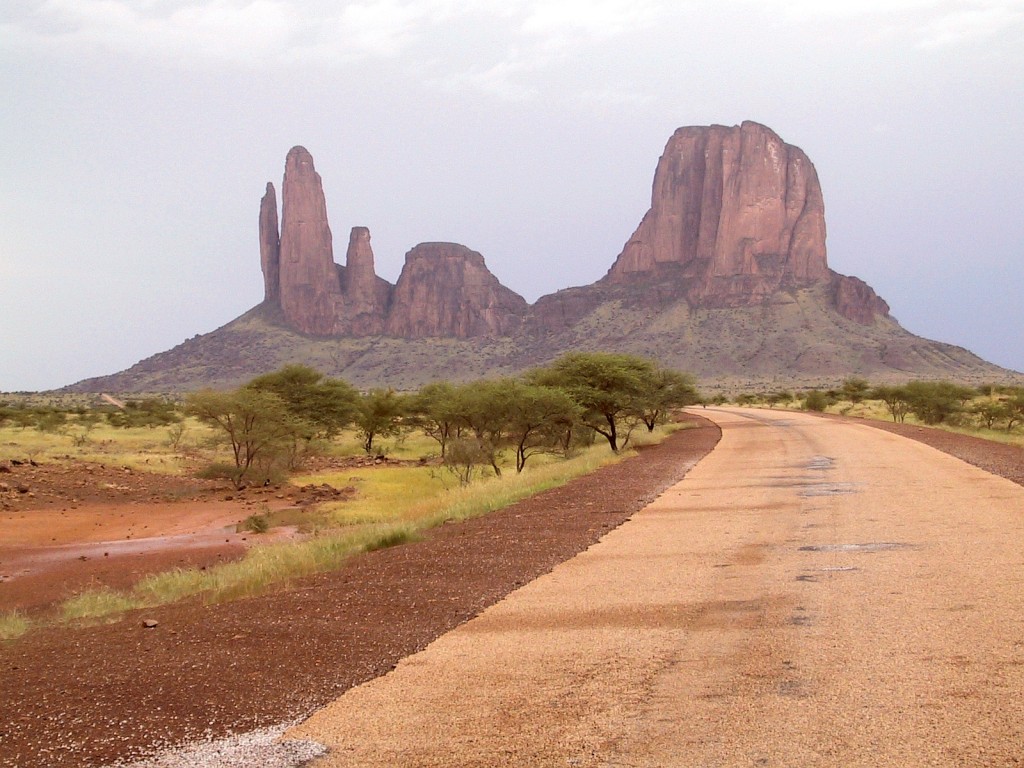Attitude’s Travel Insider: 5 facts to know about Ebola before booking your holiday

Since the break out of Ebola hit the headlines, travellers have been understandably worried about visiting Africa. The media coverage has been vast, the deadly nature of the disease graphically exposed through films, documentaries and haunting images. Obviously it is a horrific disease, and you can find out a lot more about it fairly easily – click here to read more.
However, it seems our lack of knowledge about the vastness – and greatness – of Africa has led to a huge decline in tourism numbers. Visitors are dwindling; communities like the Maasai Mara in Kenya – who depend on tourists to make their living – are feeling the effect. While agencies organising tour to Botswana’s Okavango Delta have reported a decline of 30-50%.
So it’s time we wised up to where it safe and where it isn’t. If you are having second thoughts about an African adventure, check out our guidelines below before ditching the idea altogether…
Get up to date
Have a look on the Foreign and Commonwealth Office website for the regions or countries you are planning on traveling to. This is the most up-to-date website to find out where is affected and the places you should avoid.
Currently, the site reports Sierra Leone, Liberia and Guinea as the only places that should be avoided because of Ebola. But it’s best to double check before booking your ticket and before you travel.
Get clued up
Out of the 54 countries that make up this continent, only three (yes, THREE) are currently affected by the disease. Those are Sierra Leone, Liberia and Guinea. Out of those three, only certain towns and regions are suffering from the epidemic. That leaves thousands and thousands of miles of Ebola free areas that are completely safe to visit.
Get real to geography
Kailahun in Sierra Leone – a West African district that has been heavily affected by the outbreak – is 4,857 miles from tourist favourite Stone Town on Zanzibar island, and 4,357 from the famous Serengeti safari region of Tanzania. South Africa and the plains of Kruger are over 5,520 miles away. The markets of Marrakech, Morocco might look rather close on the map, but they are actually 3,191 miles away.
In comparison, Kailahun is 4,355 miles from Edinburgh in Scotland and 4,014 miles from London. Bottom line: you are safe here and you are safe in all of these places too.
Get facts, don’t assume
According to the World Health Organisation, ‘There is no known case of Ebola making someone ill because they’ve eaten or handled fruit or vegetables from an affected region.
‘Fresh food from West Africa can still be eaten fresh or safely imported as people only get the virus through direct contact with bodily fluids.’ So eating out at local restaurants isn’t a risk.
Basically what I’m trying to say here is there are so many countries in Africa that are safe, ruddy awesome and open for business. So don’t let the current misconceptions of an entire continent affect your decision to go on an incredible trip.
Update: GETA (Gay European Tourism Association) recommends that gay travellers check the legal position of all countries they are planning to visit. Visit the IGLA Rainbow Europe Guide at ilga-europe.org or visit the Foreign Office & Commonwealth website fco.gov.uk before you make any travel plans.
Karen is a freelance Travel & Entertainment Editor based in London. She can be found tweeting at @KarenNEdwards and contacted through her personal blog popandprettythings.com
More from Attitude’s Travel Insider:
Attitude’s Travel Insider: The heated seat debate
Attitude’s Travel Insider: 5 ways to blag yourself into First Class

